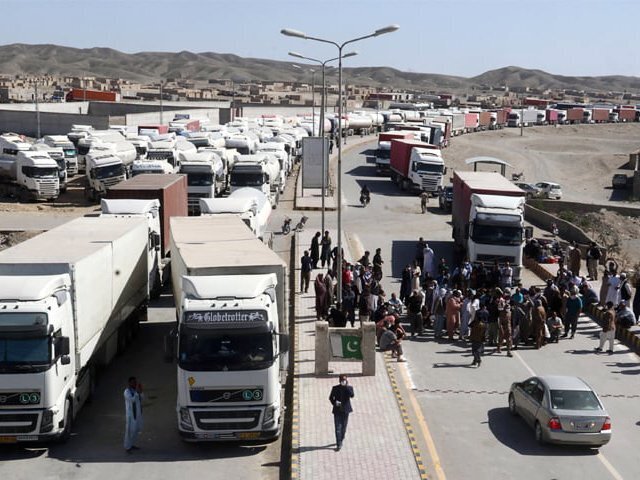
Similar Posts
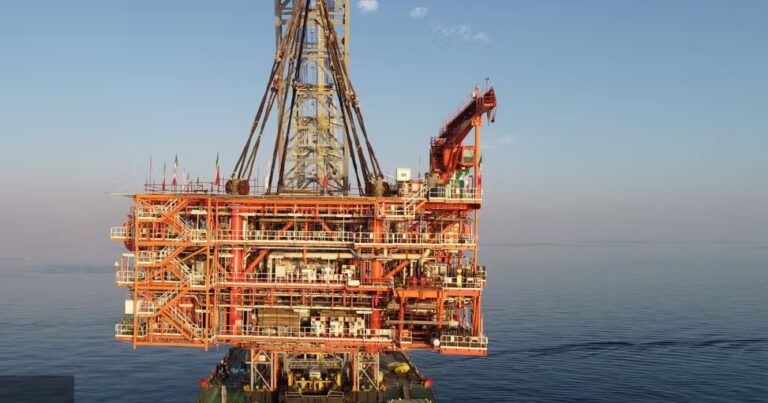
Iranian Official: Strengthening US Relations Crucial for Oil and Gas Industry Growth
Iran urgently needs $200 to $250 billion in investment to stabilize its oil and gas sectors, as emphasized by Arash Najafi from the Chamber of Commerce. International sanctions have hindered access to advanced technologies, critical for modernizing production. Najafi highlighted the necessity for investment in energy transmission, infrastructure, and technological advancements to utilize Iran’s resources effectively. With ongoing U.S.-Iran negotiations potentially impacting sanctions, there is cautious optimism for improved relations, which could attract multinational investments. Revitalizing the energy sector could stabilize Iran’s economy and reestablish its position in the global energy market.
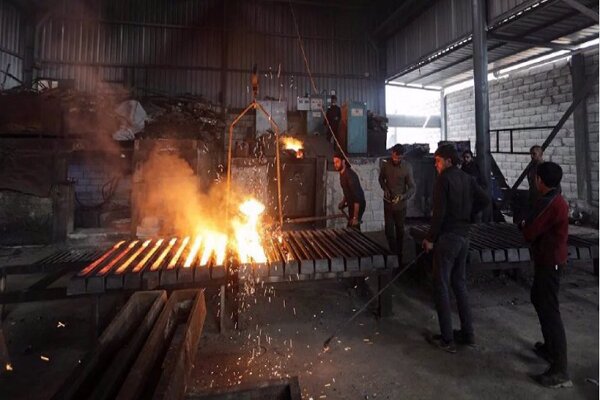
HTS Rule Leads to Closure of Hundreds of Factories Across Syria
Syria’s industrial sector is facing severe challenges, with approximately 420 factories shut down in key provinces due to instability following the rise of foreign-backed militants, notably Hayat Tahrir al-Sham (HTS). Security issues, looting, unreliable electricity, and rising diesel prices have exacerbated production costs. Manufacturers struggle against cheap foreign imports and smuggled goods, while mass public sector layoffs threaten up to half a million jobs. The HTS-led administration’s reforms toward a free-market economy raise public concerns. The International Monetary Fund’s involvement poses risks of debt traps, highlighting the need for sustainable solutions to stabilize and revive Syria’s industrial landscape.
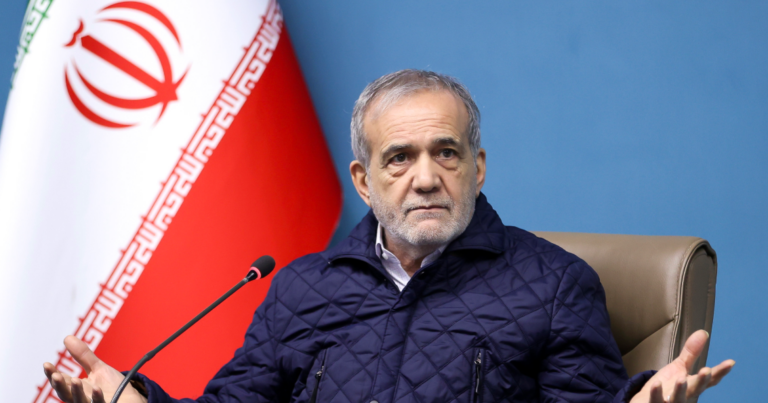
Iran’s President Reveals Ongoing Reliance on Harmful Fuel Oil to Ensure Gas Supply Stability
Iranian President Masoud Pezeshkian announced the difficult decision to burn mazut, a highly polluting fuel, to maintain household gas supplies amid an energy crisis. He acknowledged that avoiding mazut use was not feasible without cutting off gas to homes, as consumption levels exceed those of other countries. This decision has sparked debates on Iran’s energy policies and environmental impact. Despite promises to phase out mazut, its use has surged, raising concerns about air quality and public health. The situation underscores the tension between immediate energy needs and long-term environmental sustainability as Iran struggles with rising pollution levels and health risks.
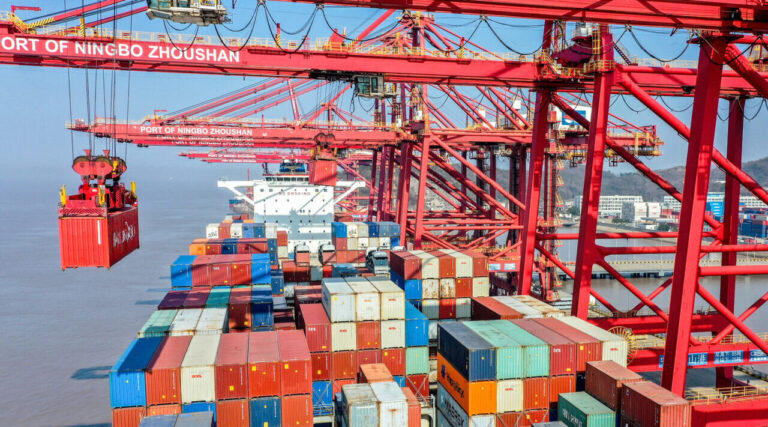
Iran’s Non-Oil Exports Surge to Record High in Just 11 Months!
Iran’s economic performance is on the rise, with the Islamic Republic of Iran Customs Administration (IRICA) reporting $53 billion in non-oil exports between March 2024 and February 2025. This marks a record for the country, with total trade in non-oil goods exceeding $117 billion. Rouhollah Latifi, spokesman for the Trade Promotion Commission, projects non-oil exports could reach $58 billion by March 2025. Amid ongoing sanctions, Iran’s focus on diversifying its economy through agriculture and manufacturing aims to reduce reliance on oil revenues. Government support for exporters is expected to further enhance competitiveness and economic resilience in global markets.

Iranian Oil Minister: Trump’s Hopes for Oil Sanctions Will Remain Unfulfilled
Iran has declared that the U.S. maximum pressure policy has failed and will continue to fail in reducing its oil exports. Iranian official Paknejad emphasized that attempts to cut exports to zero are unrealistic, as Iran is employing advanced strategies to counteract sanctions. He highlighted the resilience of the Iranian economy and the unwavering support of its people for the revolution. Multiple media outlets have reported on Iran’s determination to maintain its oil exports despite external pressures, showcasing a robust strategy to mitigate the impact of sanctions and reinforcing national solidarity in the face of challenges.
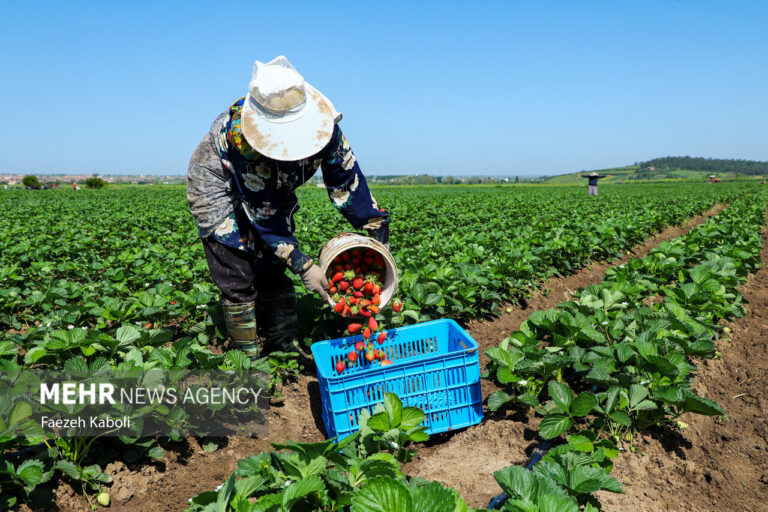
Sweet Success: Strawberry Harvesting Season Kicks Off in Golestan!
Iran’s Golestan province is experiencing a vibrant strawberry harvest, showcasing the dedication of local farmers and the region’s agricultural success. The favorable climate and a blend of traditional and modern farming techniques contribute to high-quality yields, significantly impacting the local economy by providing jobs and income. This harvest fosters community unity, as families participate together, reinforcing cultural traditions. With growing consumer demand for fresh, locally sourced produce and potential for international exports, Golestan aims to enhance its position as a leading strawberry producer. Additionally, strawberries offer numerous health benefits, making them a sought-after choice for health-conscious consumers.